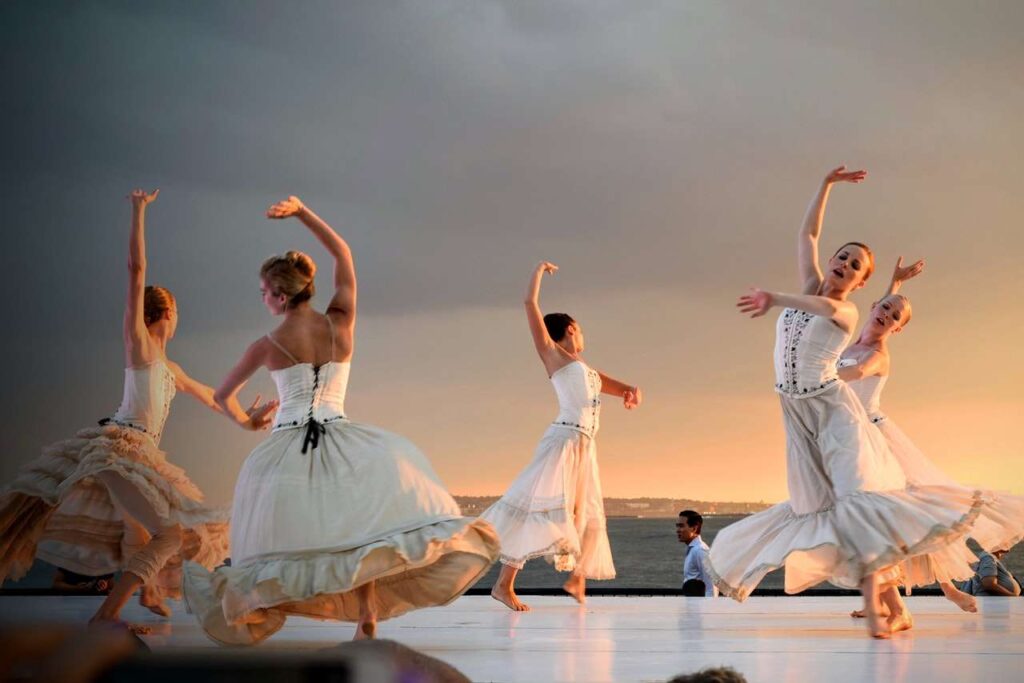Clothing is more than just fabric; it’s a form of self-expression that can influence our mood, confidence, and even behavior. The relationship between fashion and psychology is a fascinating one, as the choices we make in our wardrobes can have a profound impact on how we feel and how we interact with the world around us. From power suits that boost confidence to cozy sweaters that evoke comfort, our clothing choices go beyond aesthetics, delving into the realm of psychology.
The Psychology of Color:
Color is a powerful communicator, and the hues we choose to wear can affect our emotions and perceptions. Red, for example, is often associated with energy, passion, and confidence. It’s a color that can make a bold statement and evoke a sense of empowerment. On the other hand, blue is known for its calming and serene qualities. Wearing blue might help alleviate stress and promote a sense of tranquility.
The Confidence Boost:
Clothing can act as a tool for building confidence. The phenomenon known as “enclothed cognition” suggests that what we wear not only reflects our mood but also influences it. When we put on an outfit that we associate with competence or success, we tend to adopt the characteristics associated with it. A well-tailored suit or a dress that makes us feel elegant can trigger a surge in confidence and self-assuredness.

Dressing for Success:
The concept of “dressing for success” isn’t merely a cliché. Studies have shown that the attire we choose for professional settings can impact how we’re perceived by others. Dressing professionally can communicate competence and professionalism, potentially leading to more positive interactions and opportunities. This doesn’t mean adhering to a strict dress code, but rather wearing clothing that aligns with the context and conveys respect for the situation.
Emotional Armor:
Just as clothing can boost confidence, it can also act as emotional armor. Certain outfits can provide a sense of protection or comfort during challenging times. This is often seen in people who have a favorite item of clothing they turn to when they need a psychological lift. In a way, these pieces become symbolic reminders of strength and resilience.
Expressing Identity:
Our clothing choices allow us to express our identity to the world. Whether it’s a punk-inspired ensemble or a bohemian look, what we wear can convey our values, interests, and affiliations. This sense of identity expression can foster a sense of belonging and help us connect with like-minded individuals.
The Influence of Fit:
The fit of clothing is another important psychological factor. Wearing clothes that fit well can enhance comfort and body image, leading to a more positive outlook. Ill-fitting clothing, on the other hand, can lead to discomfort and self-consciousness. Choosing garments that align with our body shape and size can contribute to a healthier self-image.
Mood Enhancement:
Our clothing choices can also be influenced by our current mood. When we’re feeling down, we might opt for cozy, comfortable pieces that provide a sense of security. Conversely, when we’re in a celebratory mood, we might choose bold and vibrant colors that mirror our excitement.

Cultural and Social Significance:
Fashion is deeply intertwined with culture and society. Certain clothing choices may carry cultural, religious, or social significance. Wearing traditional attire or outfits associated with one’s cultural background can foster a sense of connection to one’s heritage and community.
Adapting to Context:
Finally, our clothing choices adapt to the context we find ourselves in. A casual outfit might be perfect for a leisurely weekend, while formal attire is more appropriate for a special event. Adapting our clothing to the situation can help us navigate social expectations and create a sense of harmony with our surroundings.
In the intricate dance between fashion and psychology, our clothing choices serve as a canvas for self-expression, a tool for building confidence, and a bridge to the world around us. Understanding the psychology of clothing not only enriches our relationship with fashion but also empowers us to make intentional choices that positively impact our well-being and interactions.
You may also like
-
Eco-Fashion Revolution: Pioneering Sustainable Textile Innovations for the Future
-
Number 1 The Path to Prosperity: Unveiling the Key to Wealth and Success
-
10 Unique Christmas smoothie ideas to light up your holidays in 2023
-
Shops like Boden: Top alternatives for stylish clothing
-
Vogue World London – EVERYTHING you need to know!


2 thoughts on “Fashion Psychology: How Clothing Choices Impact Mood and Behavior”